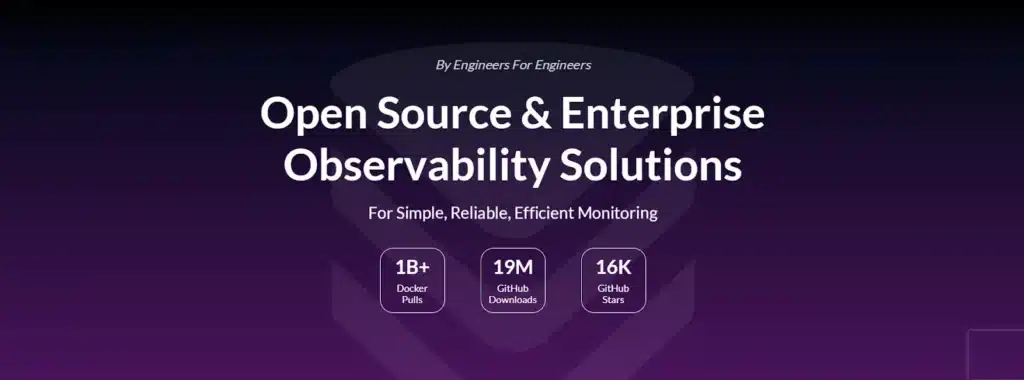Why AI Can’t Replace the Human Brain: Embracing the Uniqueness of Human Intelligence

The advent of Artificial Intelligence (AI) has sparked both excitement and concerns about the potential of machines replacing human capabilities. AI’s rapid advancements have led to speculation about the future of humanity and the possibility of AI completely replacing the human brain. However, while AI has achieved remarkable feats, it is essential to recognize that the human brain possesses a complexity and uniqueness that AI cannot fully replicate. In this article, we will explore why AI falls short in replacing the human brain and the significance of embracing the irreplaceable qualities of human intelligence.
Understanding AI’s Capabilities
AI, in its various forms like Machine Learning and Neural Networks, has demonstrated extraordinary abilities in solving complex problems, analyzing vast amounts of data, and performing tasks with remarkable precision. From autonomous vehicles to language translation, AI has become an integral part of our lives. Nonetheless, it is crucial to understand the limitations and strengths of AI to avoid unrealistic expectations about its potential to replace human cognition.
The Human Brain’s Complexity and Adaptability
The human brain is a marvel of evolution, capable of multifaceted cognition and intelligence. Unlike AI, which follows predetermined algorithms, the brain possesses plasticity, enabling it to learn, adapt, and form new neural connections throughout a person’s life. Moreover, emotional intelligence and empathy are unique to humans, influencing our social interactions and decision-making processes.
Flexibility & Adaptability
The human brain has a unique capacity for lifelong learning, adaptation, and the acquisition of new knowledge and abilities. We can transfer our talents between different tasks and use the knowledge we’ve learned in one area to another. The flexibility and adaptability of the human brain are not present in AI models, despite the fact that they can be trained to execute particular jobs extraordinarily effectively. — Akshay from Onlinecourseing
AI vs. Human Creativity and Intuition
Human creativity and intuition are expressions of our consciousness and imagination. While AI can produce creative outputs based on existing data, it lacks true understanding and originality. Human creativity goes beyond patterns and data, as it draws from emotions, experiences, and cultural influences, making it challenging for AI to replicate.
Ethical Considerations and Human Values
AI’s ability to process vast amounts of data and make decisions has raised ethical concerns. Unlike AI, humans possess a conscience, empathy, and the capacity to navigate complex moral dilemmas. Infusing AI with human values is a significant challenge, as machines lack the intrinsic moral compass that guides human actions.
Contextual Understanding and Common Sense
Humans effortlessly comprehend context, nuance, and non-literal language in everyday conversations. This contextual understanding stems from our accumulated knowledge, experiences, and common sense. AI, on the other hand, struggles to interpret language in real-world situations, limiting its ability to fully engage in human-like conversations.
Emotional and Social Intelligence
Emotional intelligence is a defining aspect of human interactions. Recognizing and responding to emotions are integral to building meaningful relationships and understanding one another. AI’s inability to experience emotions hinders its capacity to authentically connect with humans, impacting fields like healthcare, counseling, and education.
Unforeseen Consequences and Errors in AI
AI’s reliance on data exposes it to biases and unintended consequences. Additionally, AI may encounter novel situations it hasn’t encountered during training, leading to errors or inappropriate responses. Human oversight is essential to ensure responsible AI development and to mitigate potential risks. — Hassan
The symbiotic relationship between humans and AI
Rather than seeking to replace human abilities, AI can be a valuable tool in augmenting human capabilities. Collaborative efforts between AI and human experts can lead to groundbreaking advancements in various fields, promoting progress while respecting the uniqueness of human intelligence.
Conclusion
AI has undoubtedly transformed the world we live in, but it cannot replace the extraordinary complexity and uniqueness of the human brain. While celebrating AI’s achievements, we must recognize the value of human qualities such as creativity, emotional intelligence, ethics, and contextual understanding. Embracing the symbiotic relationship between humans and AI will allow us to harness the power of technology responsibly while preserving the essence of what makes us human. By doing so, we can build a future where AI complements and enhances our lives, rather than replacing the irreplaceable human mind.

Why Retail Software Testing is Critical for Effective E-commerce Development?

How Sales Teams Increased Productivity with Parallel Dialers

Curtain Dry Cleaning and Leather Sofa Cleaning – Reliable Care by Duo Nini

SEO for ChatGPT: Boost Your Brand in AI Responses

LLM-Native Software Architecture: Designing Products for Agents, Not Just Humans

Understanding Observability Software: How to Choose the Right Monitoring Solution for Your Infrastructure

SEO for ChatGPT: Boost Your Brand in AI Responses

LLM-Native Software Architecture: Designing Products for Agents, Not Just Humans








